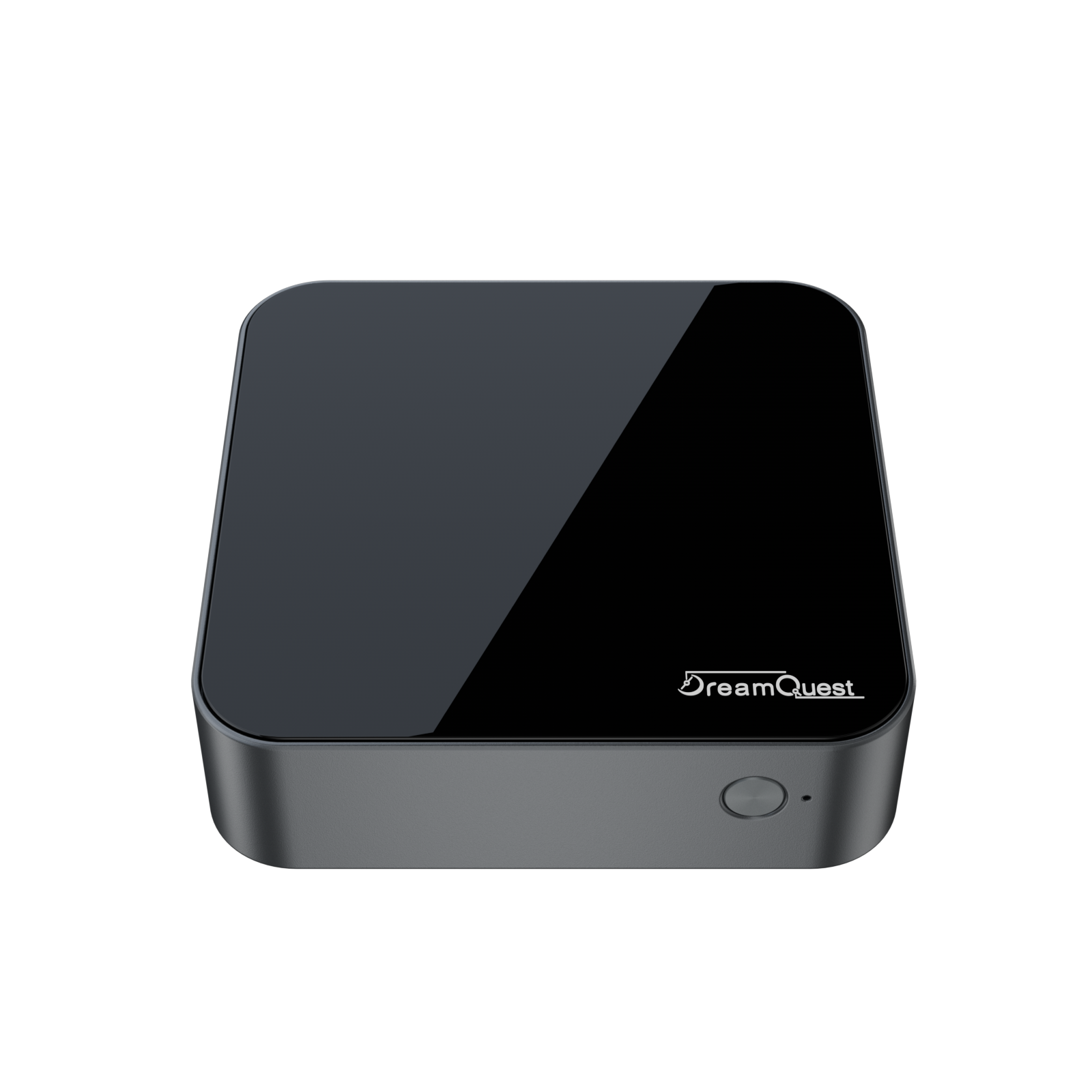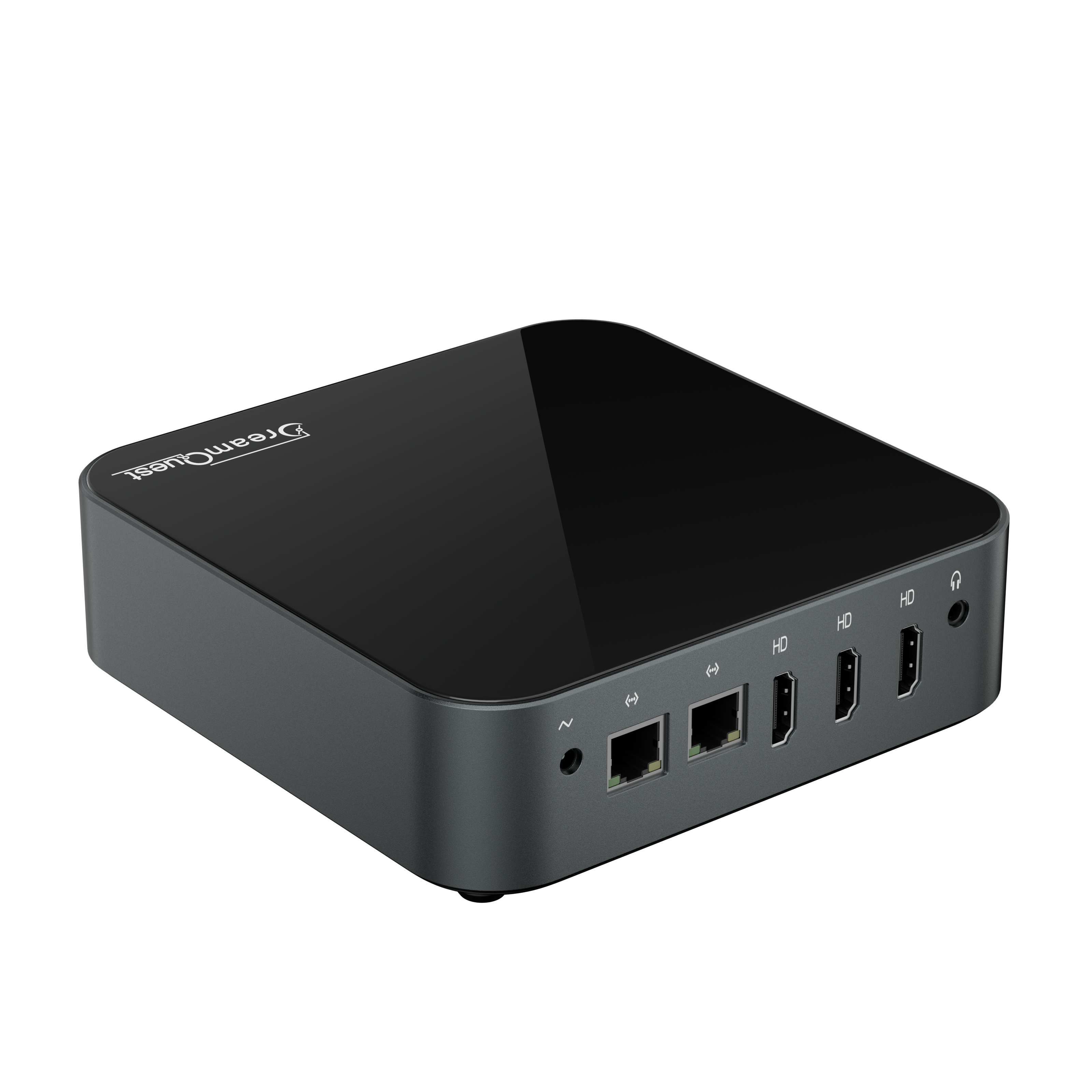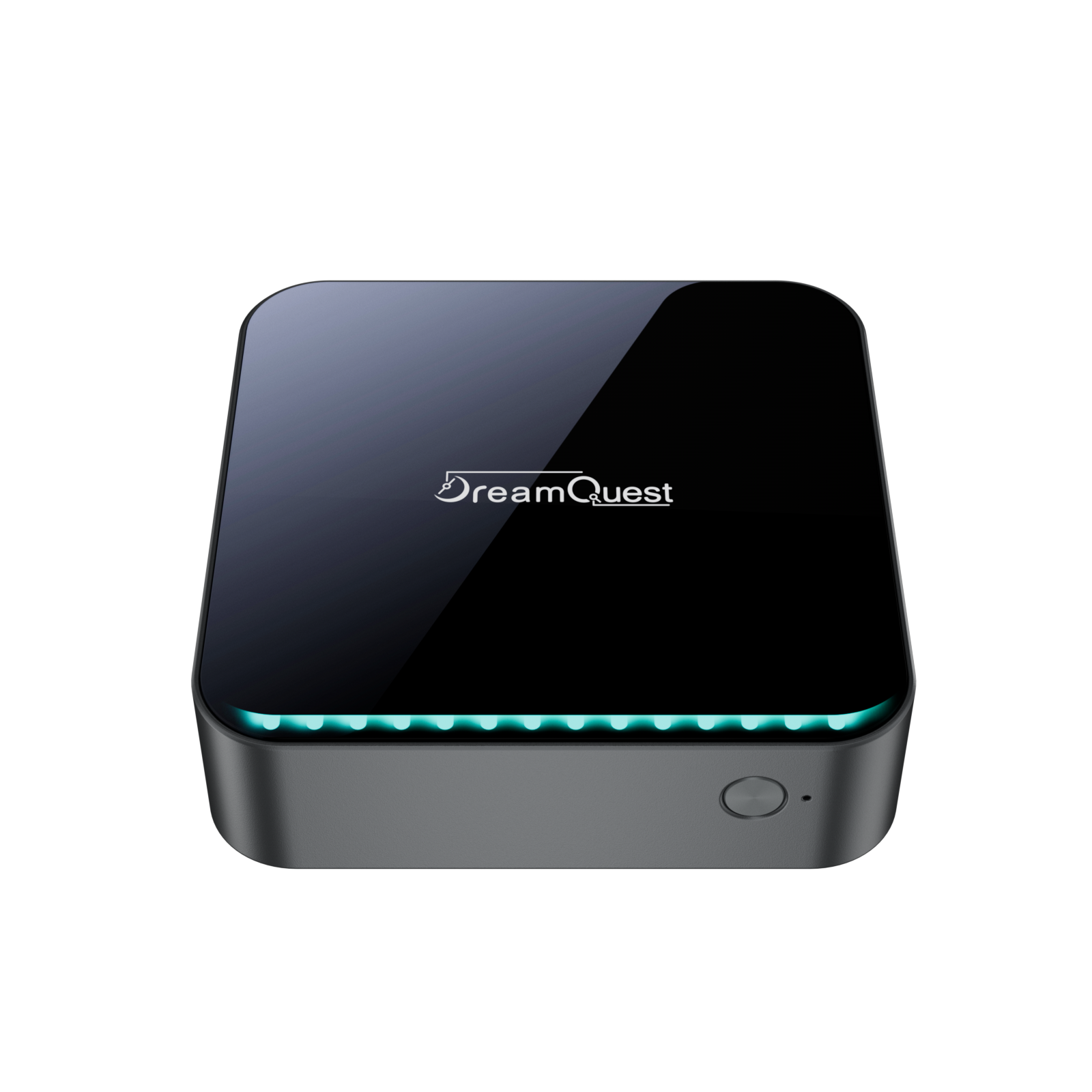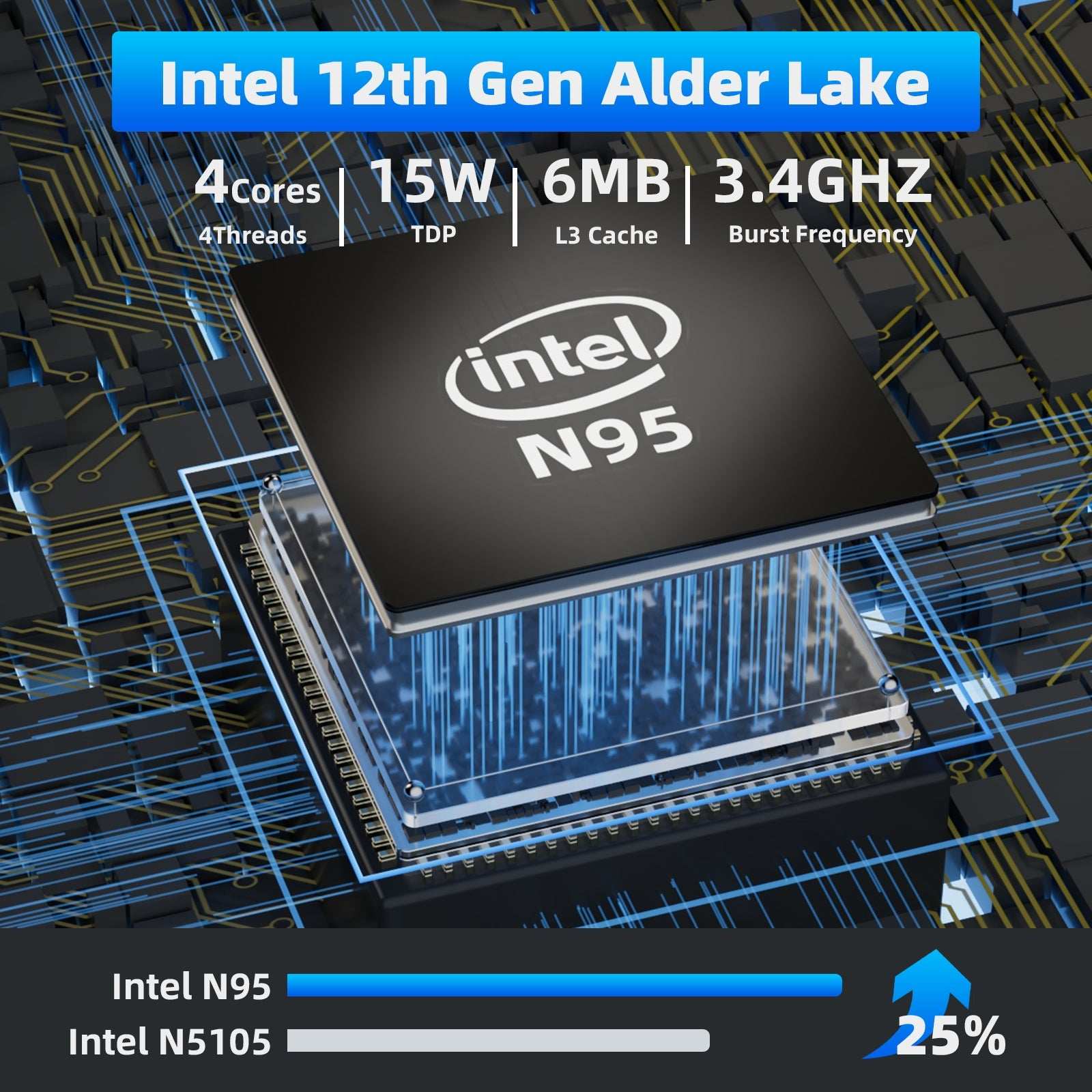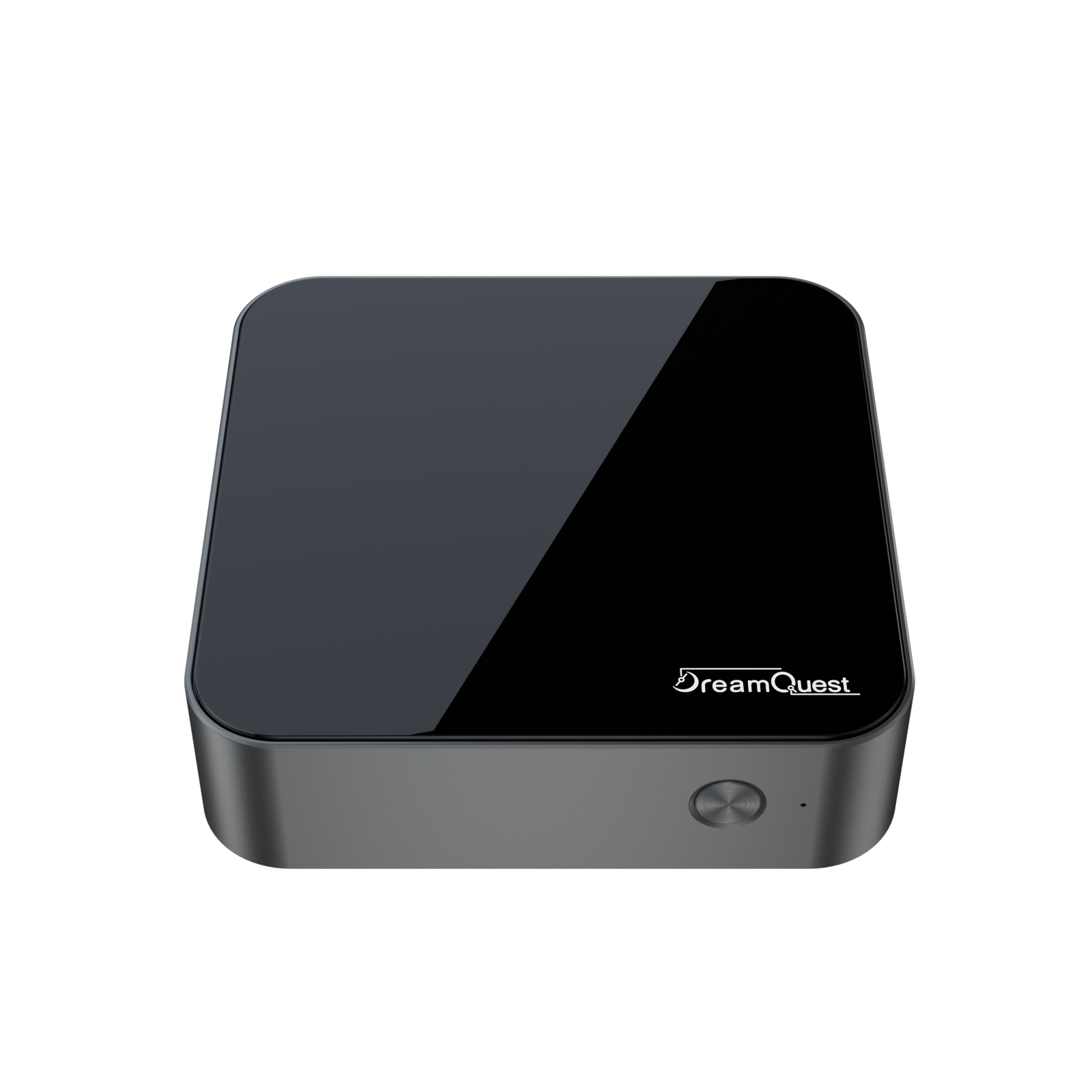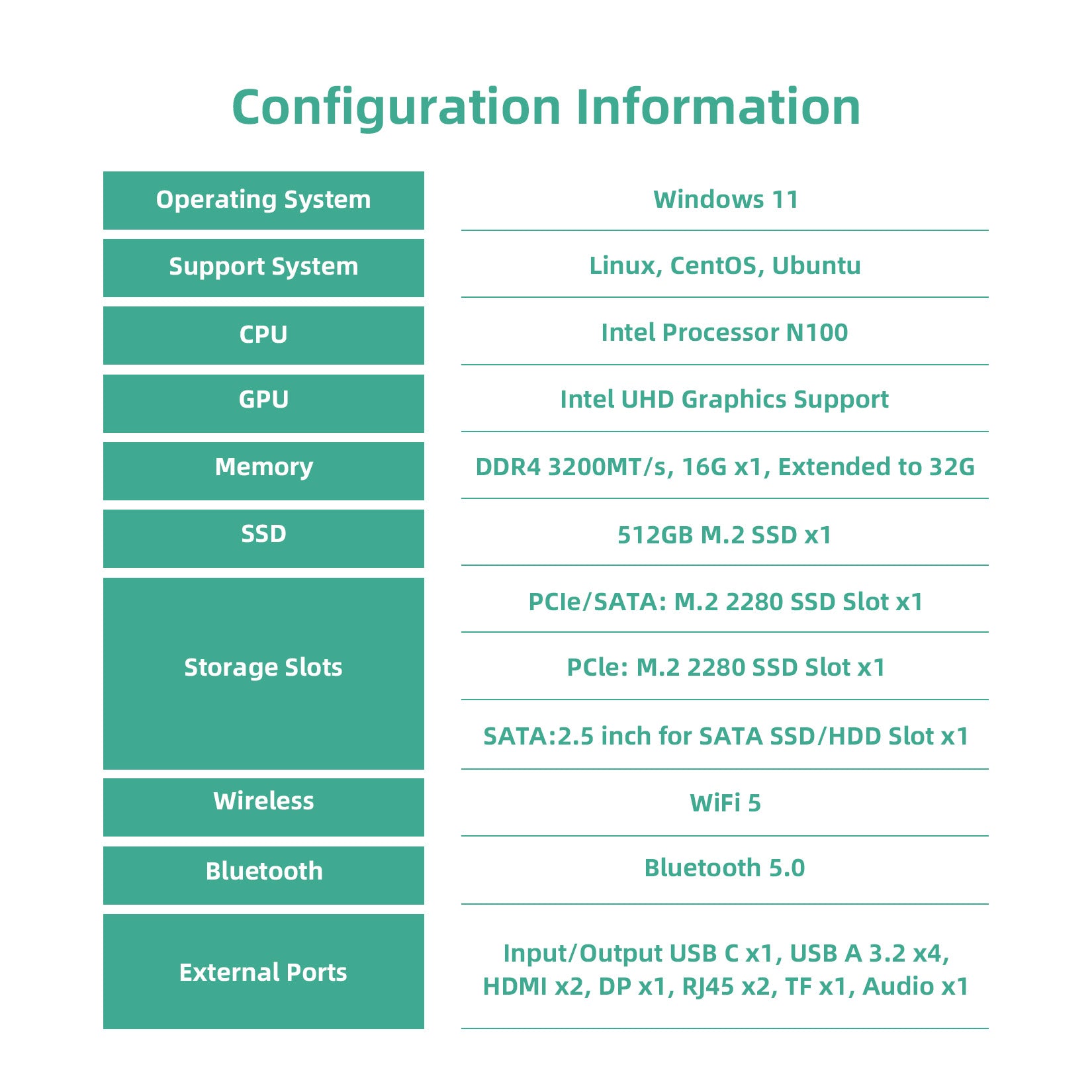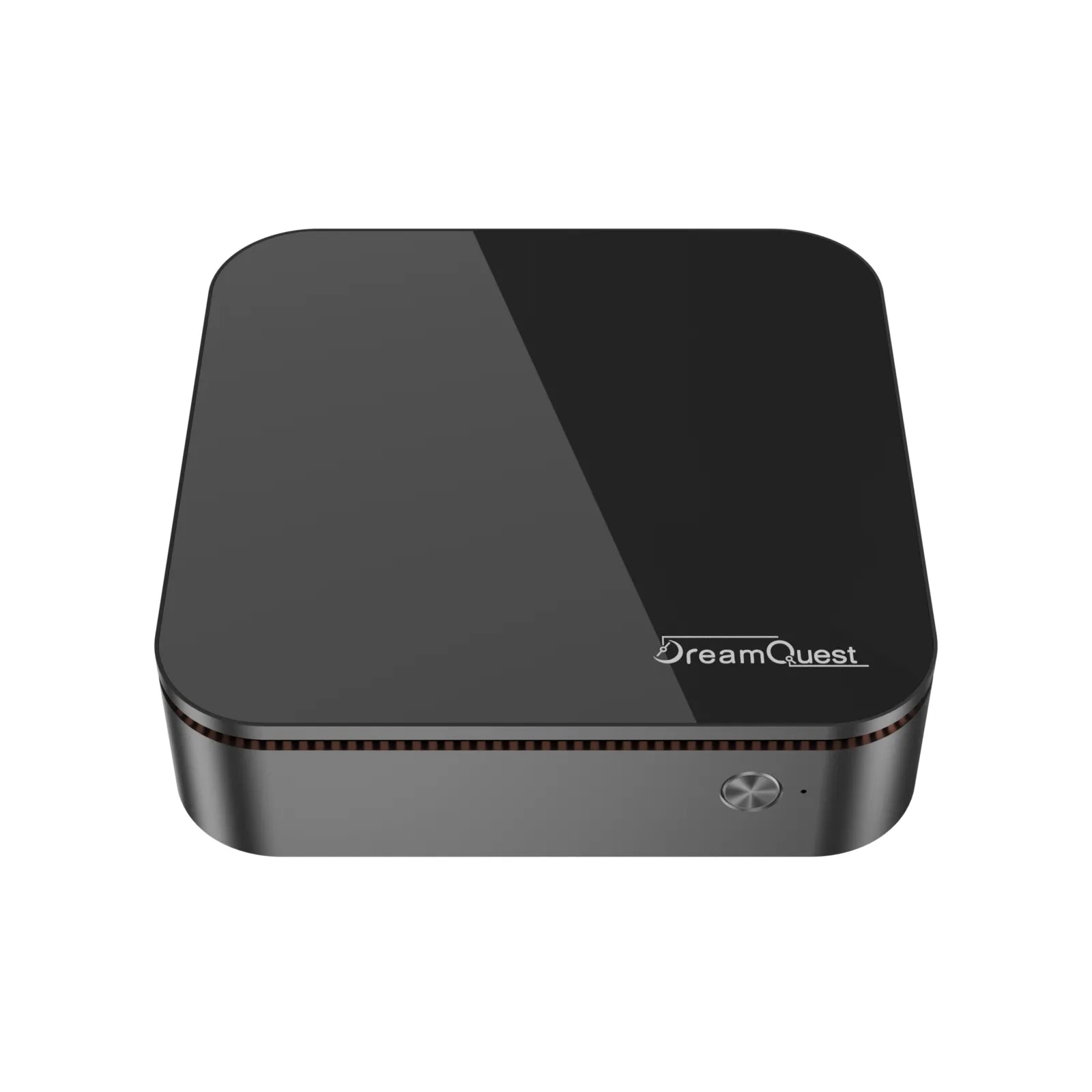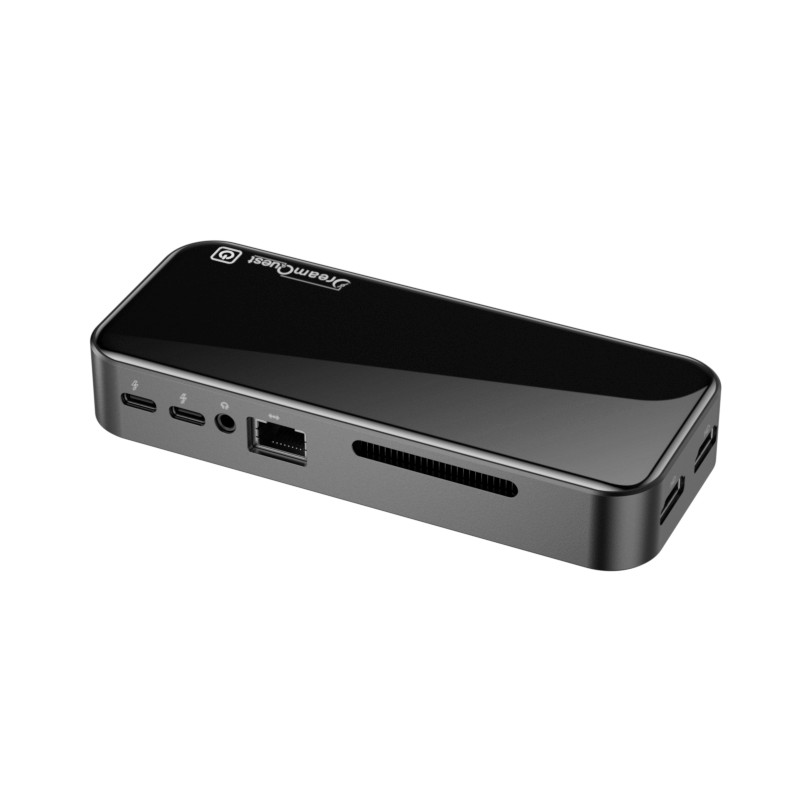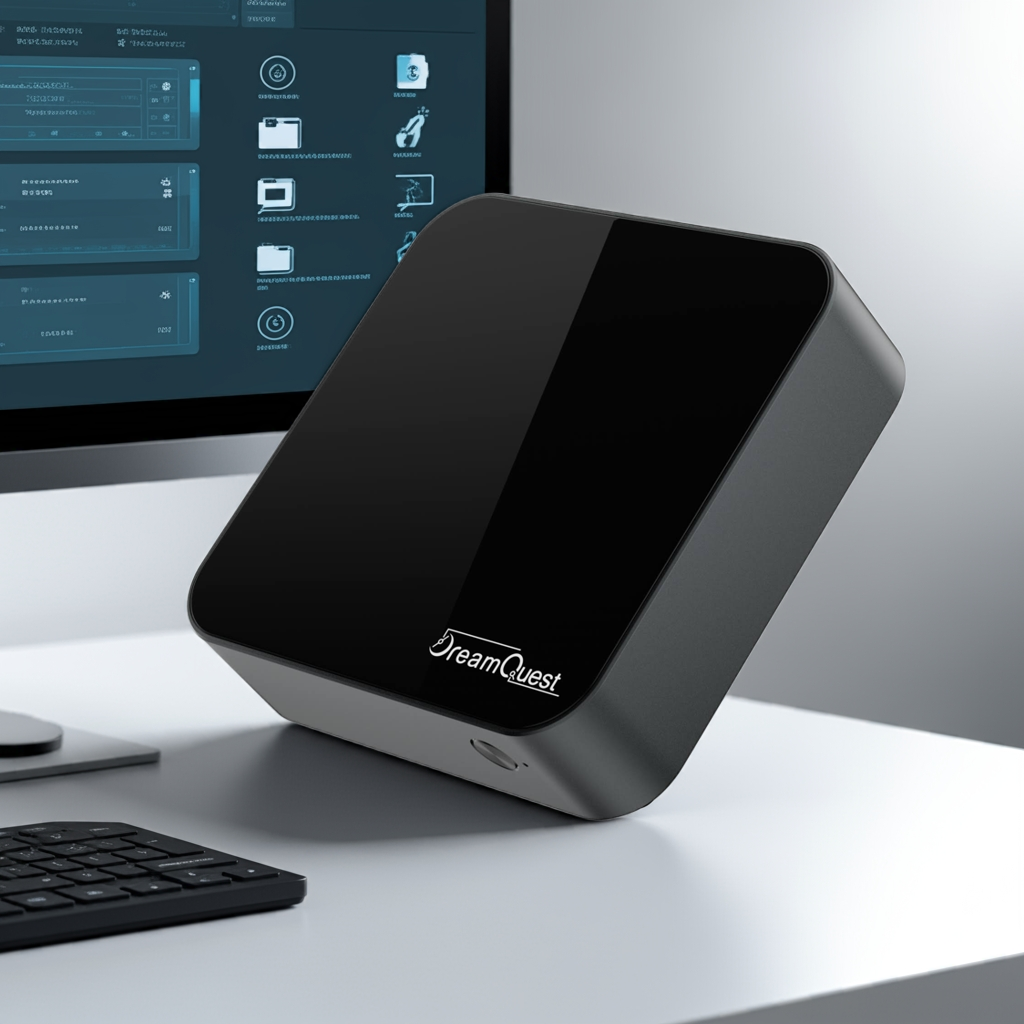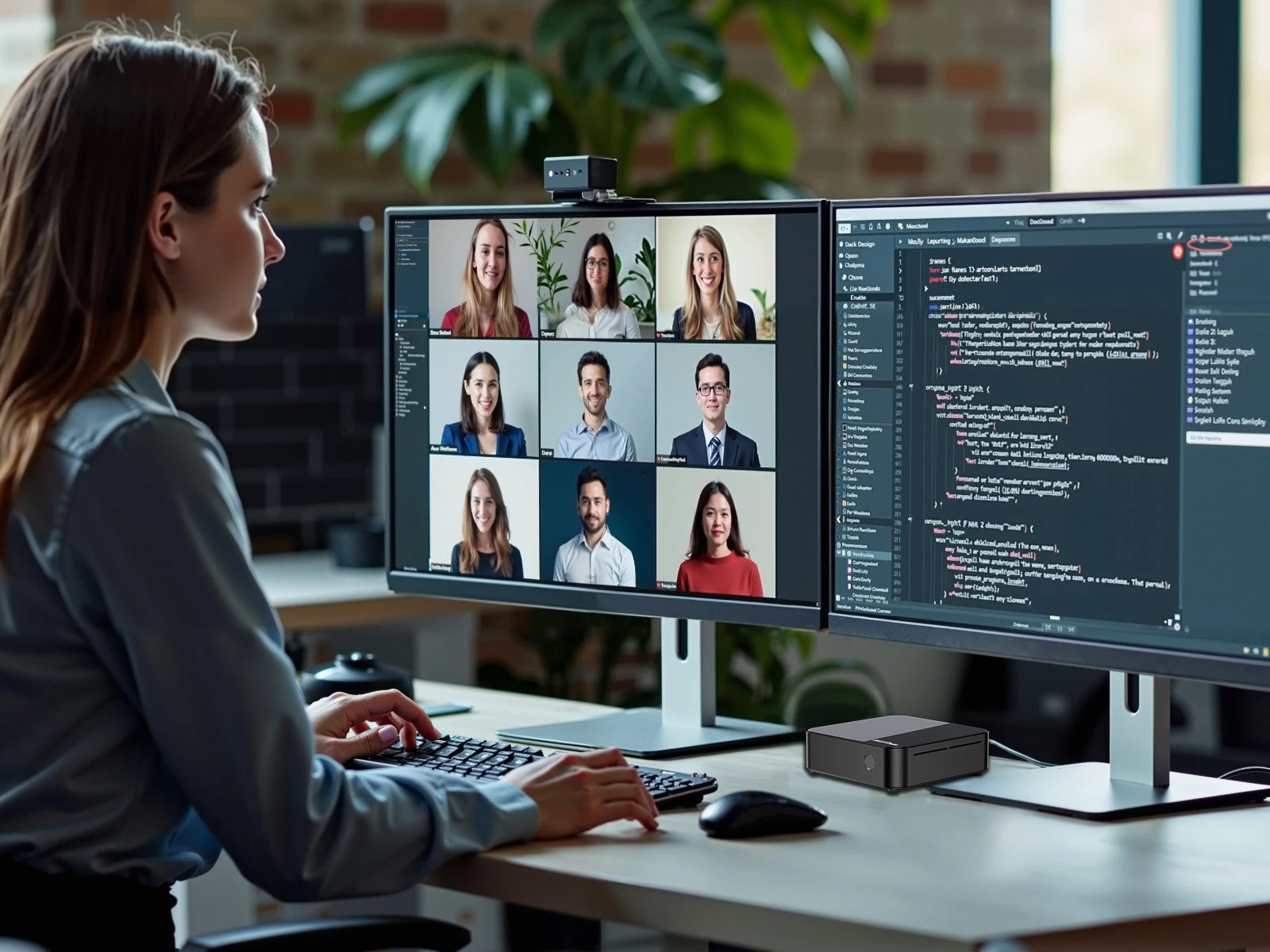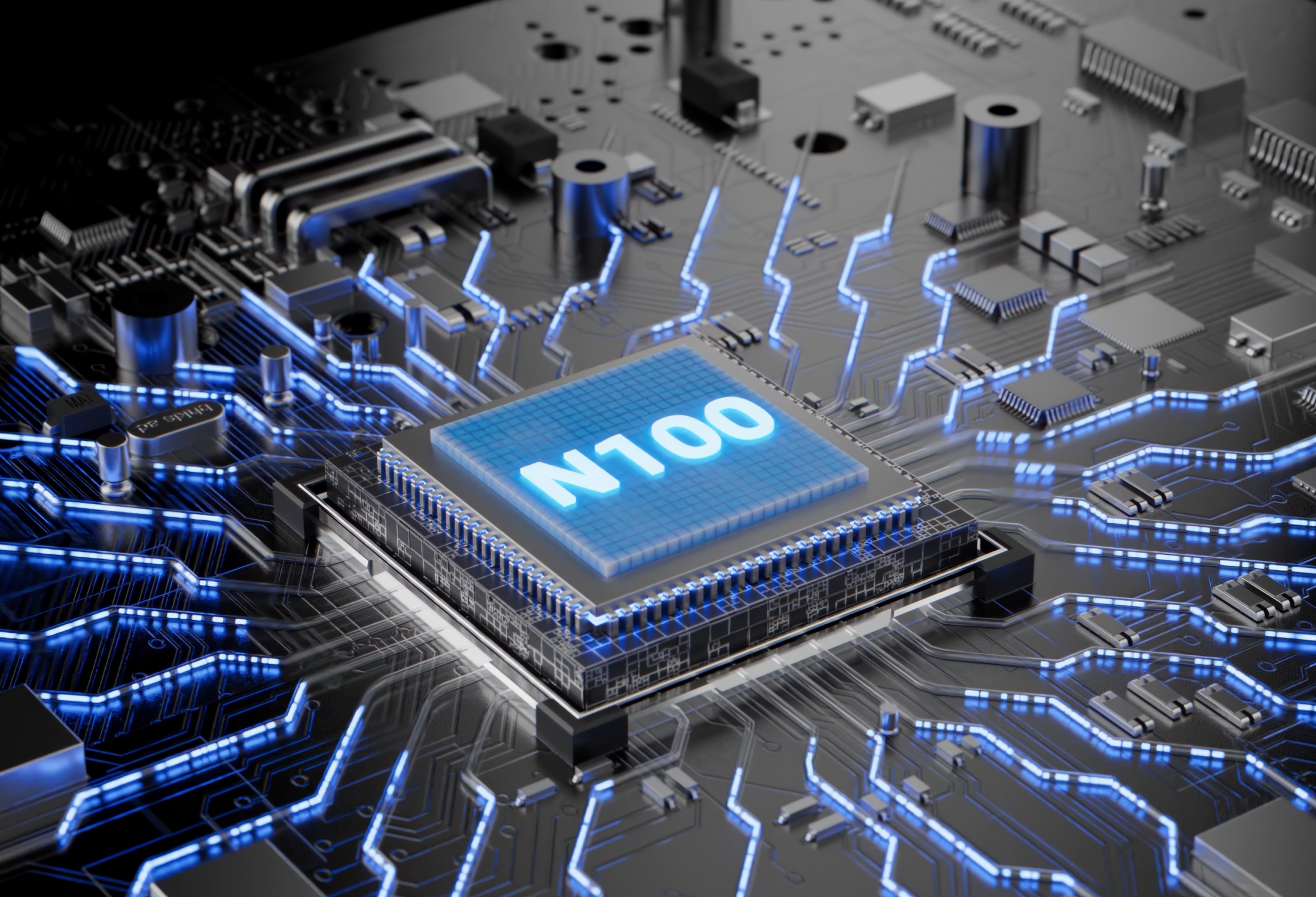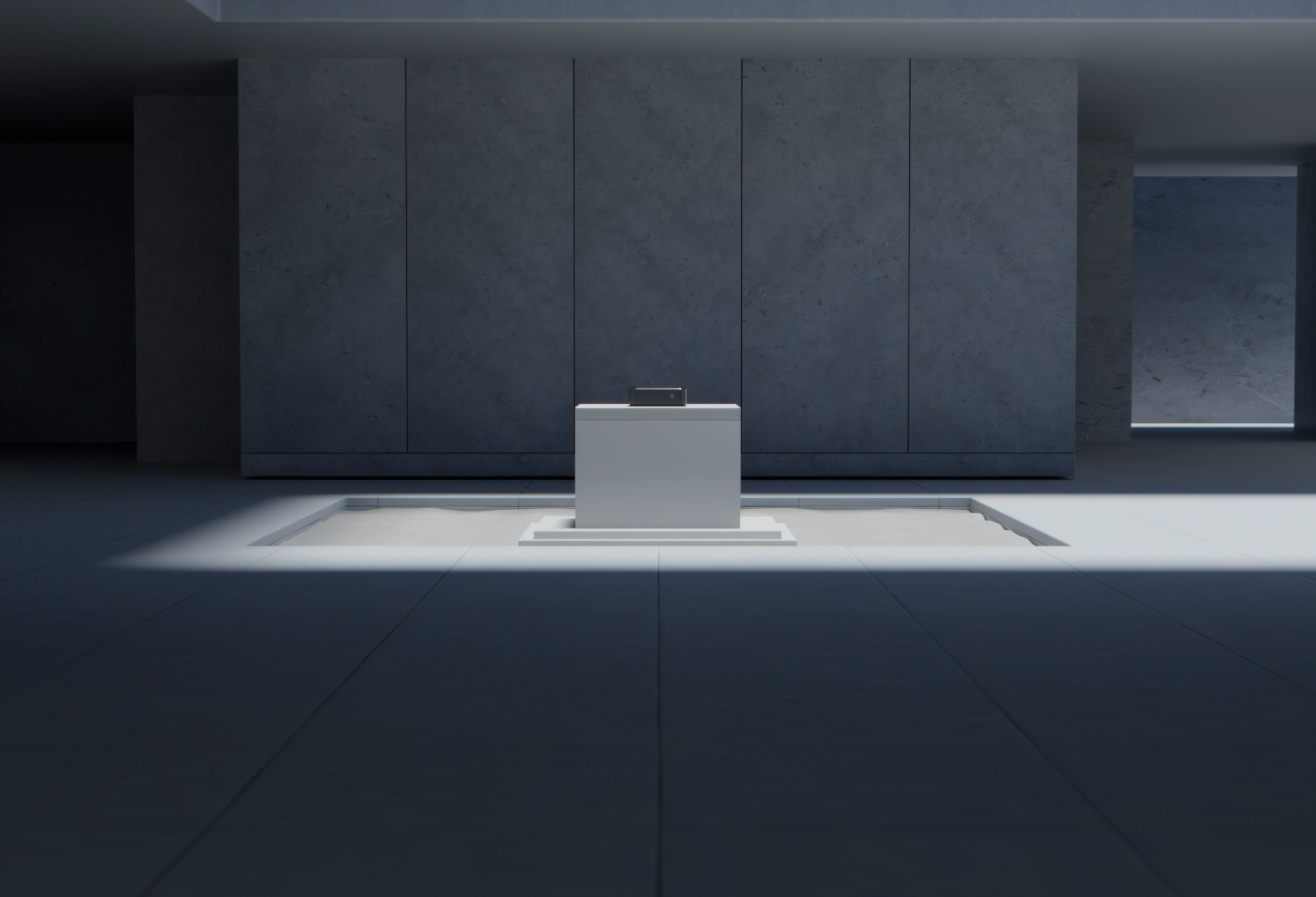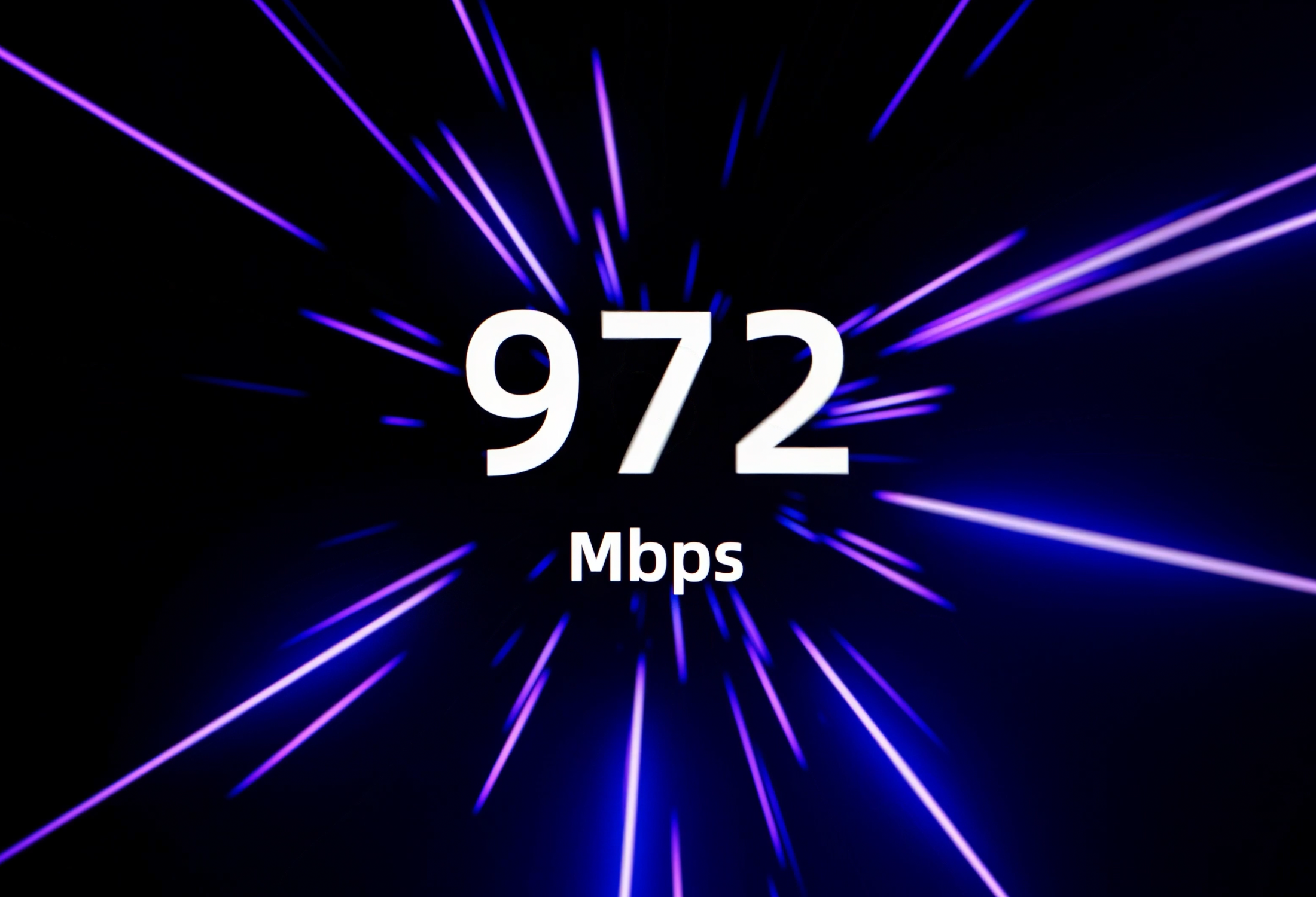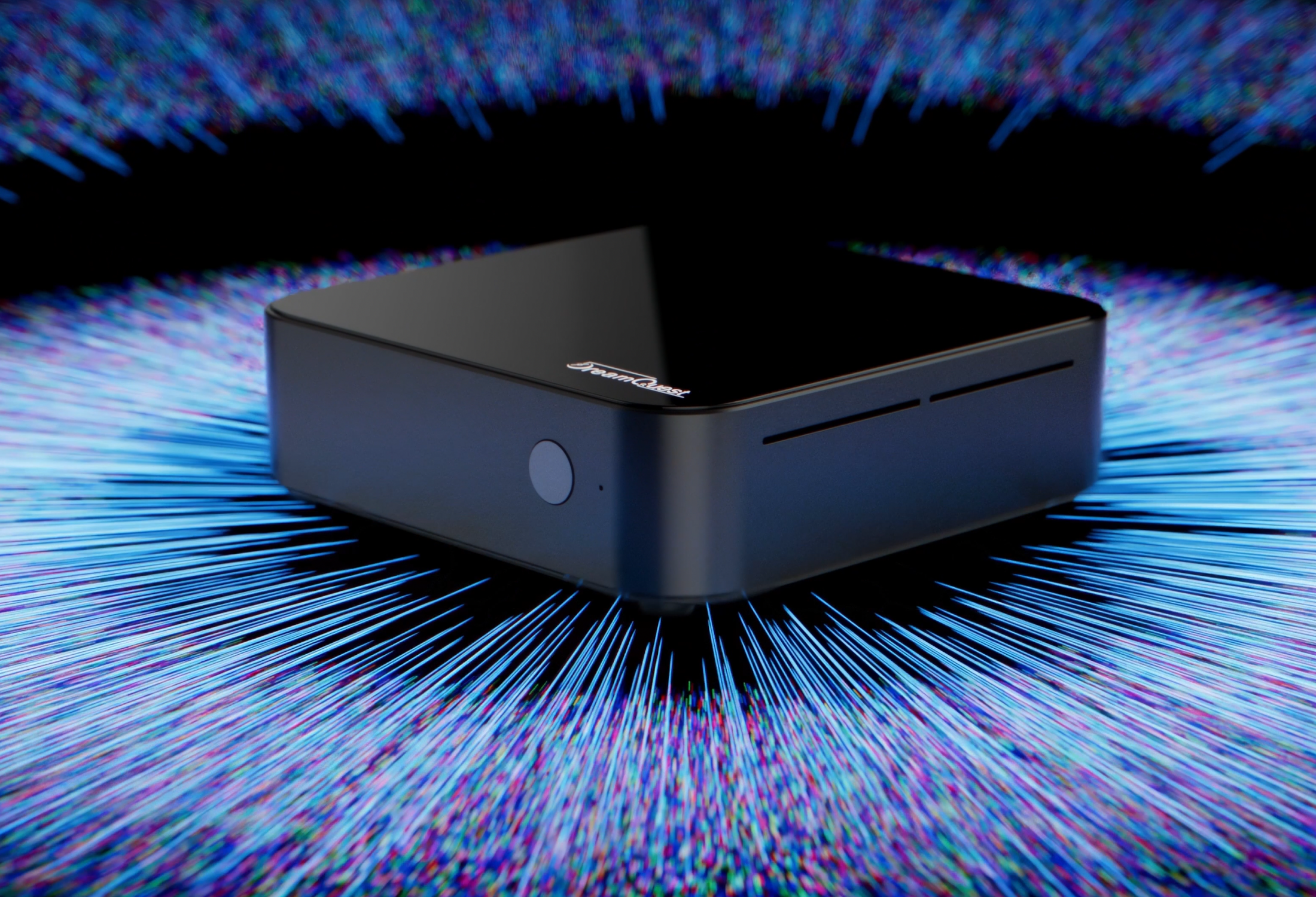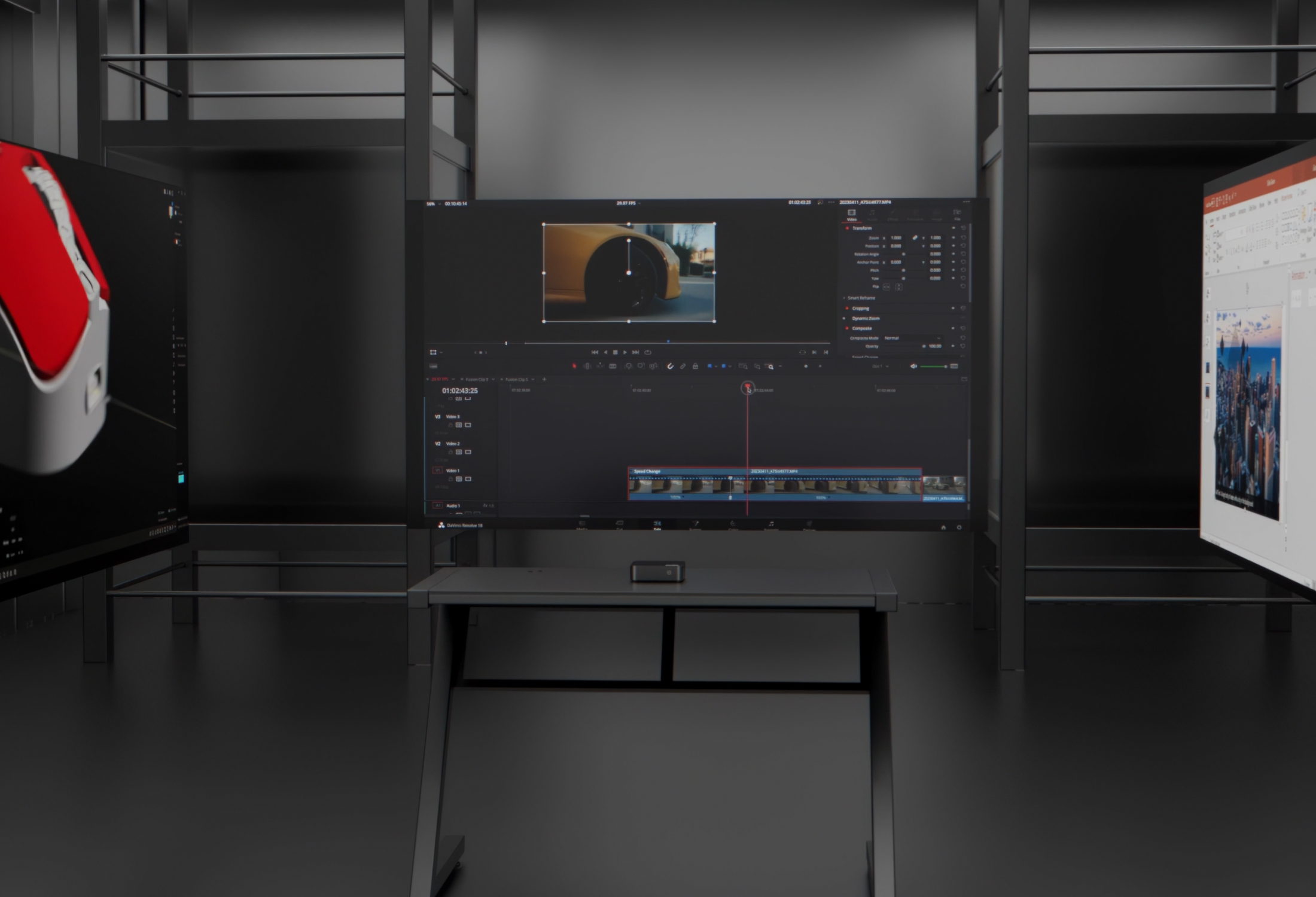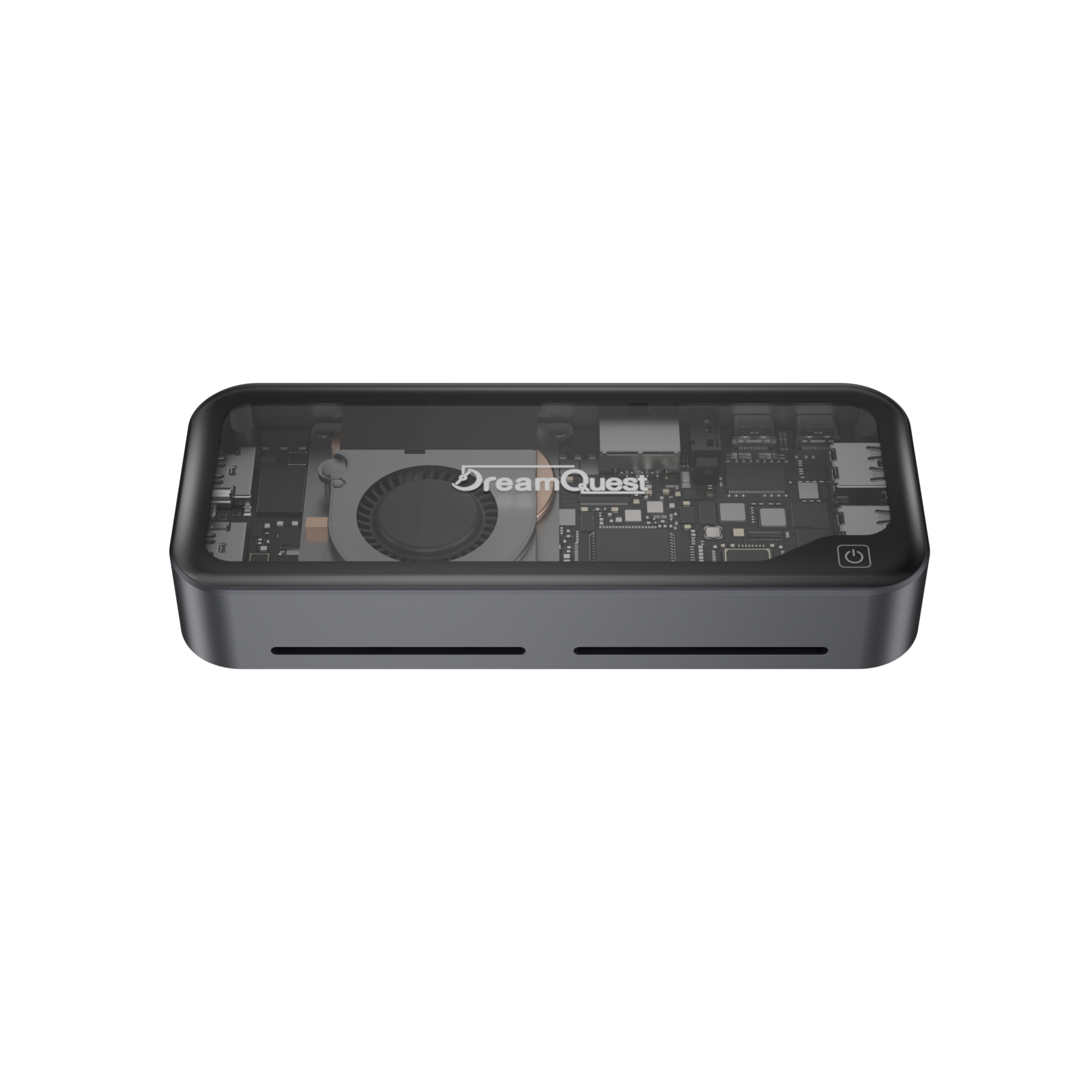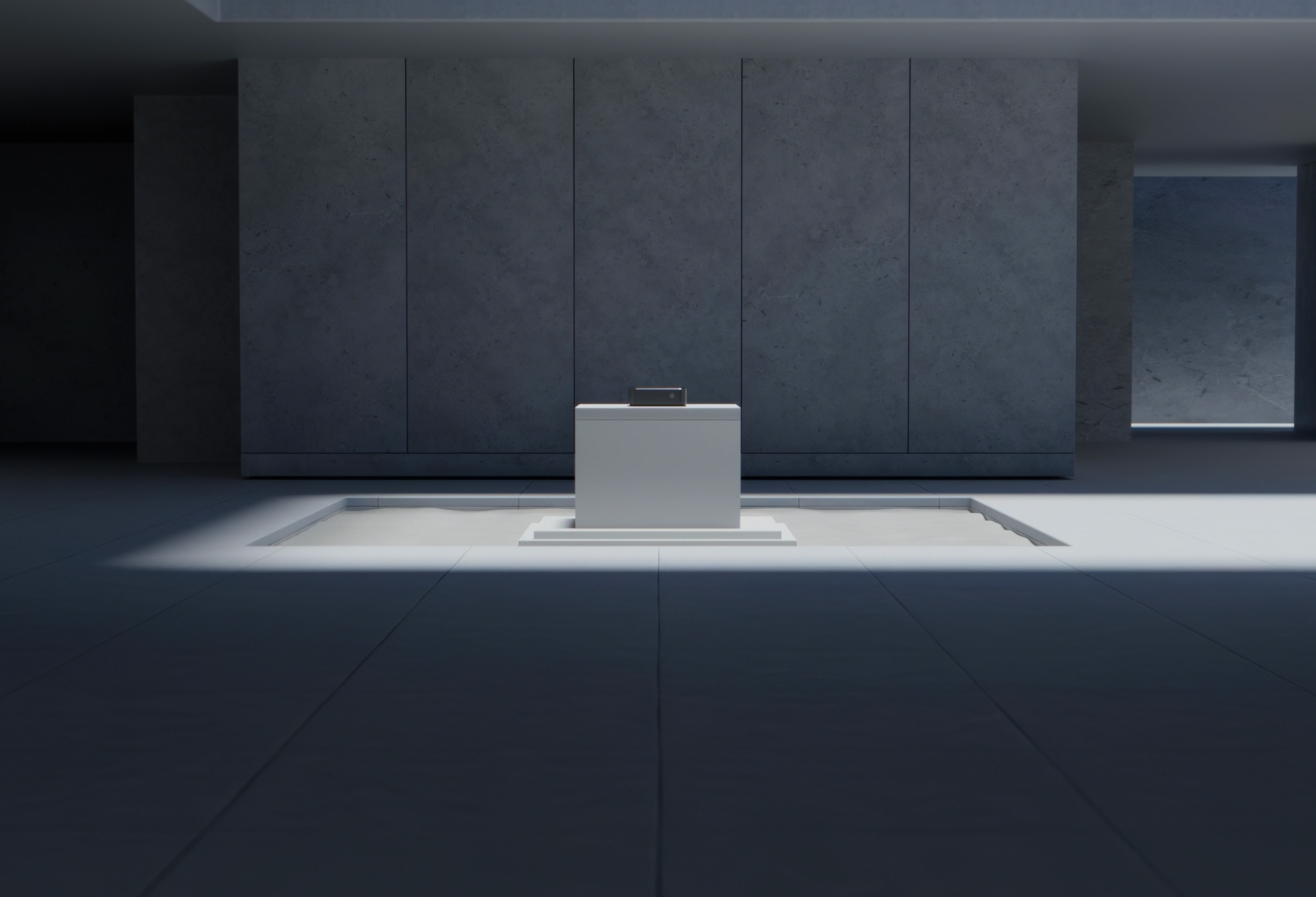
Can a Mini PC Replace a Desktop? Here's What You Need to Know
In today's rapidly evolving tech landscape, mini PCs have emerged as compact yet powerful alternatives to traditional desktop computers. These small devices promise similar performance to their larger counterparts but in a significantly smaller package. But can a mini PC truly replace a full-sized desktop? Let’s explore the key factors to consider.
Performance and Power
Mini PCs have made significant strides in performance. Modern models, such as Intel’s NUC (Next Unit of Computing) or the ASUS PN series, offer impressive specifications capable of handling a range of tasks.
- Intel Core i7 or AMD Ryzen 7 processors in mini PCs provide robust performance comparable to mid-range desktop CPUs.
- 8GB to 32GB of RAM is available in many mini PCs, which is ample for most office and creative applications.
- SSD storage options ensure fast data access and improved system responsiveness.
For demanding tasks like 3D rendering or high-end gaming, mini PCs equipped with dedicated GPUs are available, though they may still fall short compared to high-end desktops with full-sized graphics cards.
Space Efficiency
One of the most significant advantages of a mini PC is its compact size. Mini PCs measure just a few inches on each side, making them ideal for users with limited desk space or those who prefer a tidy, clutter-free environment.
Example:
- The Intel NUC 11 Performance Kit is about 4.6 inches square, making it easy to integrate into any setup without occupying much space.
Connectivity and Expansion
Despite their size, mini PCs offer a range of connectivity options.
- USB ports, HDMI outputs, and Ethernet connections are standard, and many models include multiple USB-C ports.
- Some mini PCs provide expansion options like additional storage slots or the ability to add external GPUs for enhanced performance.
However, they generally lack the internal expandability of traditional desktops, where you can add more RAM, storage, or upgrade other components.
Energy Efficiency and Noise Levels
Mini PCs are typically more energy-efficient and quieter than traditional desktops.
- Power consumption is significantly lower, often drawing less than 50 watts, which translates to reduced electricity bills and a smaller carbon footprint.
- The compact design usually means less fan noise, contributing to a quieter working environment.
Example:
- The HP ProDesk 400 G6 Mini uses approximately 45 watts, while a standard desktop may consume 200 watts or more.
Cost Considerations
While mini PCs can be cost-effective, pricing varies based on performance and features.
- Entry-level models start at around $300 to $500, whereas high-end configurations can reach $1,000 or more.
- Comparatively, desktops offer more flexibility in terms of upgrading and may offer better performance for the price, especially if you build one yourself.
Conclusion
A mini PC can indeed replace a desktop for many users, particularly those who value space efficiency, energy savings, and a quieter computing experience. They are particularly well-suited for office work, streaming, and casual computing. However, if you need extreme performance for gaming, video editing, or other intensive tasks, a full-sized desktop might still be the better option.
Ready to make the switch? Check out the latest mini PCs and find the one that best suits your needs today. Visit dreamquest.online to explore our top recommendations and special offers!

